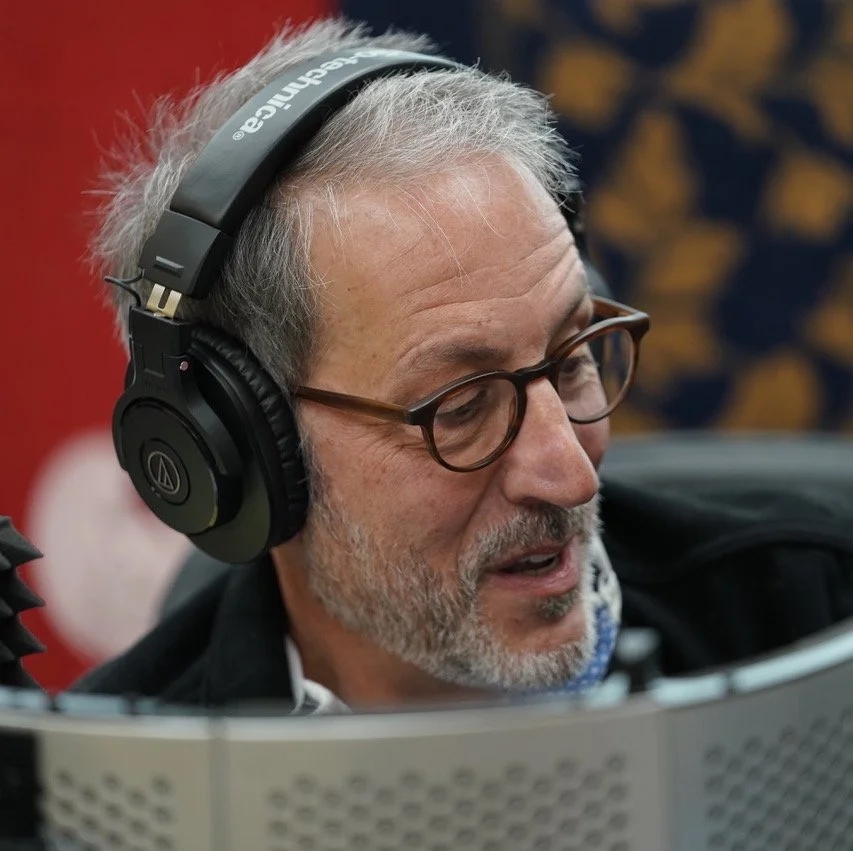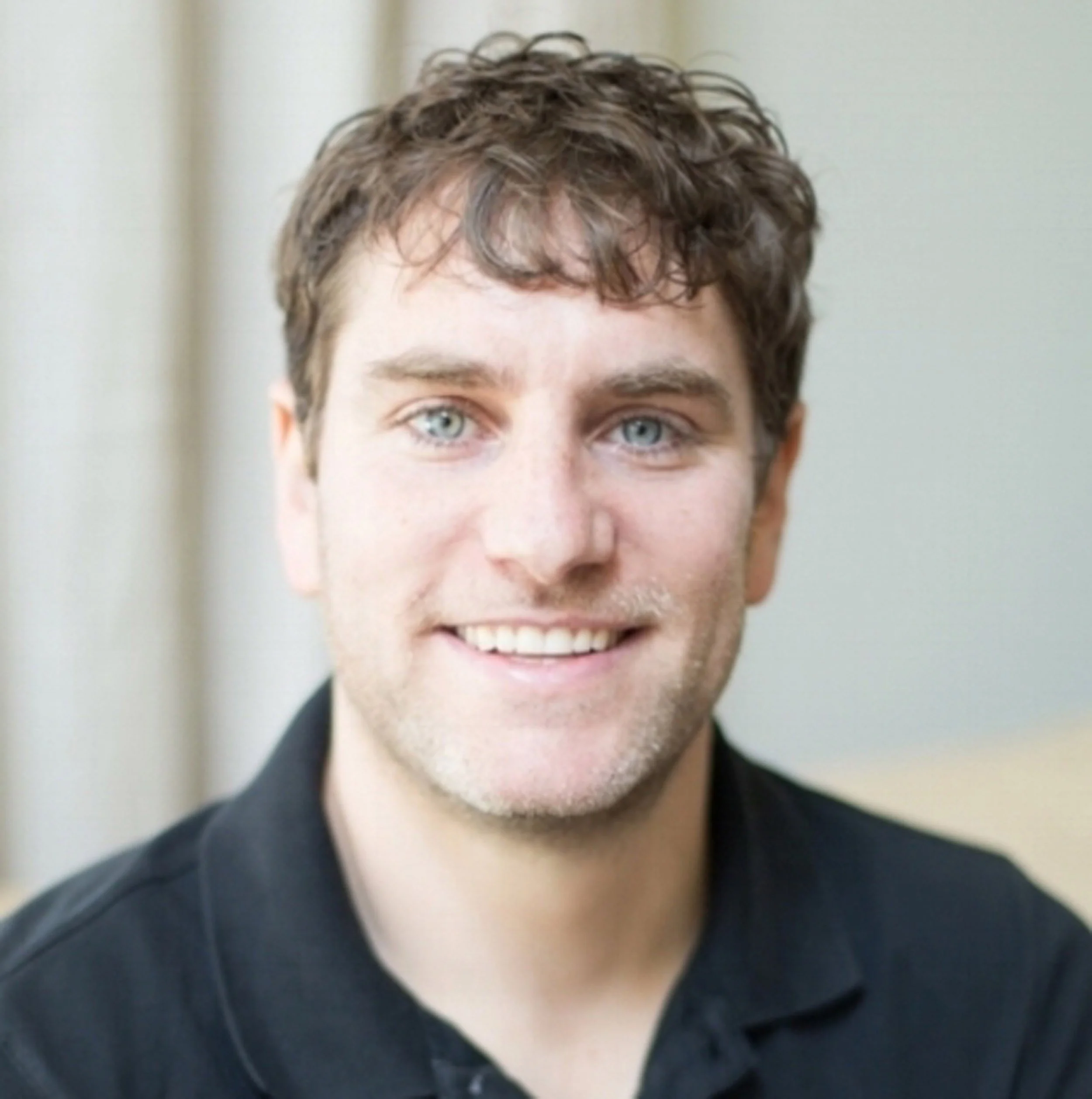Highlights - Colin Steen - CEO of Legacy Agripartners - Pushing Farming Forward
/CEO of Legacy Agripartners
It's interesting, as I've gotten older, I've really started to reflect back on that early time growing up on a farm. And I'm fiercely, fiercely proud of where my roots are. And Weldon, Saskatchewan, it's a town of 160 people there today. And just being in a spot where every day you have cattle to feed, you've got a grain crop you're trying to grow, right? The things are subject to weather. The sort of ups and downs of farm life are so dependent on the 6 pm news and the weather forecast each night. It's at times very stressful, but most times incredibly rewarding, right? There's nothing like sitting in a combine at harvest time with all the fruits of your labors all coming in at the same time. It's a great experience. We had cattle, which is just a never-ending thing, right? You know, our vacations were tied around going to cattle shows, cattle sales, bull sales, cow sales, anything that revolved around the farm. And we had a ton of fun on our vacations going to these events and seeing sites in those areas where we went to. But at the end of the day, you know, your life revolves around the cattle on the farm. It revolves around the farm. There's no sort of, we'll take four months off and not worry about it, right? Those cows have to be fed twice a day and looked after. So it's a lot of responsibility, and it's a great way to get yourself ready for life as an adult.



















